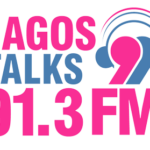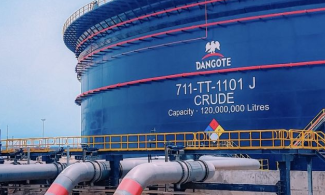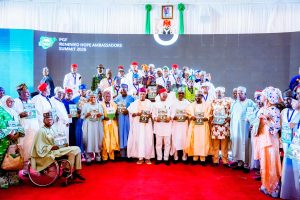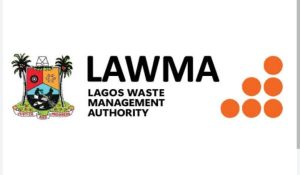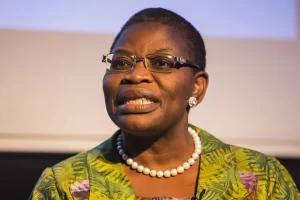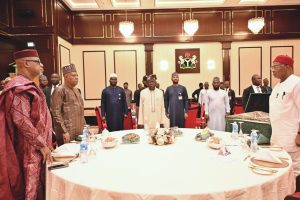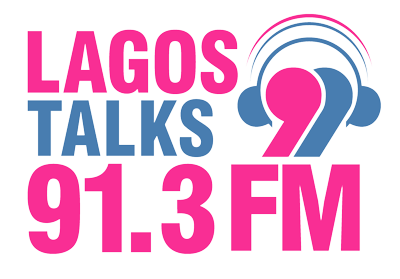On Tuesday, the Federal Government firmly denied allegations of importing dirty fuel into Nigeria, countering claims made by an official of the Dangote Petroleum Refinery.
The government made this declaration after a meeting with oil marketers and local crude oil refiners in Abuja, where discussions centered on refined products’ pricing, competition, and the importation of products already produced domestically.
During the meeting, oil marketers acknowledged that while local refineries were producing some refined products, this would not prevent them from sourcing products from other suppliers, including indigenous producers.
The Nigerian Midstream and Downstream Petroleum Regulatory Authority (NMDPRA), reacting to the claims of dirty fuel importation, stated that the issue of importing high-sulphur content refined petroleum products was addressed back in February.
The Executive Director of Distribution Systems, Storage and Retailing Infrastructure at NMDPRA, Ogbugo Ukoha, reassured journalists that no dirty fuel was being brought into Nigeria.
“There is no dirty fuel that is being brought into Nigeria,” Ukoha asserted in response to the allegations made by a senior official of the Dangote refinery.
These allegations surfaced on Monday when Devakumar Edwin, Vice President of Oil and Gas at Dangote Industries Limited, accused the NMDPRA of indiscriminately issuing licences to marketers, allowing the importation of high-sulphur diesel from Russia into Nigeria.
Edwin emphasized that despite Dangote producing and marketing diesel that complies with the regulations of the Economic Community of West African States (ECOWAS), traders were permitted to import and sell inferior products in the Nigerian market.
In response, the Federal Government’s agency maintained that it had strictly followed all necessary procedures for the importation of refined petroleum products to prevent the inflow of substandard fuels.
Additionally, it highlighted that Nigerian refineries were working to ensure their products met the standards set by ECOWAS for the region.
For more news https://lagostalks.com/news/

